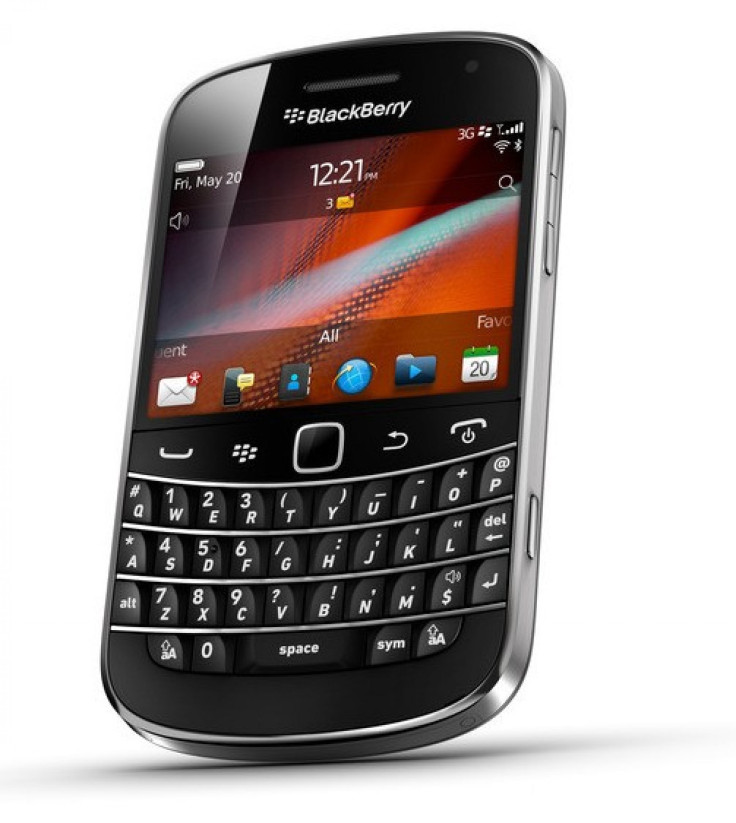Only Four Percent of Consumers Want a BlackBerry: Survey

A new survey shows what RIM shareholders had long feared: no one wants a BlackBerry anymore.
The survey, conducted by ChangeWave, polled 4,163 people and asked them if forced to choose a smartphone over the next 90 days, which would they choose?
Not surprisingly the iPhone was the runaway winner with 46 percent of the picks, while phones with the Android OS ended up with 32 percent.
The most interesting percentage wasn't the iPhone or the Android though; it was the BlackBerry with its paltry four percent.
With all of the options out there, only four percent of those polled would choose a Blackberry, which has to be a stinging realization for RIM co-CEOs Jim Basille and Mike Lazaridi. Investors and analysts have loudly proclaimed that RIM needed to do more to innovate with its BlackBerry line, but it appears the concerns fell on deaf ears. For comparison sake during its peak in December 2008, 32 percent of users wanted BlackBerrys.
In less than three years, RIM's BlackBerry went from the top of the heap to a forgotten smartphone. Apple and Google have taken over the market with their touch phones, while RIM continued to be a step or two behind.
Even worse for RIM is the survey showed that only 26 percent of BlackBerry owners were very satisfied with their phone, while 70 percent of iPhone owners and 50 percent of Android device owners were very satisfied.
Peter Misek, an equity analyst for Jeffries & Co., told The IBTimes last week that RIM needs to bring in someone to develop better and more innovative software.
They definitely need someone to head software development to make it crisper, Misek said. I'd rather they bring in someone from outside the company as no one within the company has shown any skill in software development.
RIM has put a lot of its money and hopes on its new QNX operating system, but true to RIM form, the QNX has been plagued by time delays.
In theory the QNX would be able to compete favorably with the Android operating system, and be able to steal away Android app developers.
QNX could take the entire Android app market, Misek said. They already have announced an Android player which if you have an Android app you can resubmit it to QNX and it'd work.
The Jeffries & Co. analyst said he'd like to see RIM add six QNX capable phones over the next year, three QWERTY handsets and three touch screen handsets.
© Copyright IBTimes 2024. All rights reserved.











